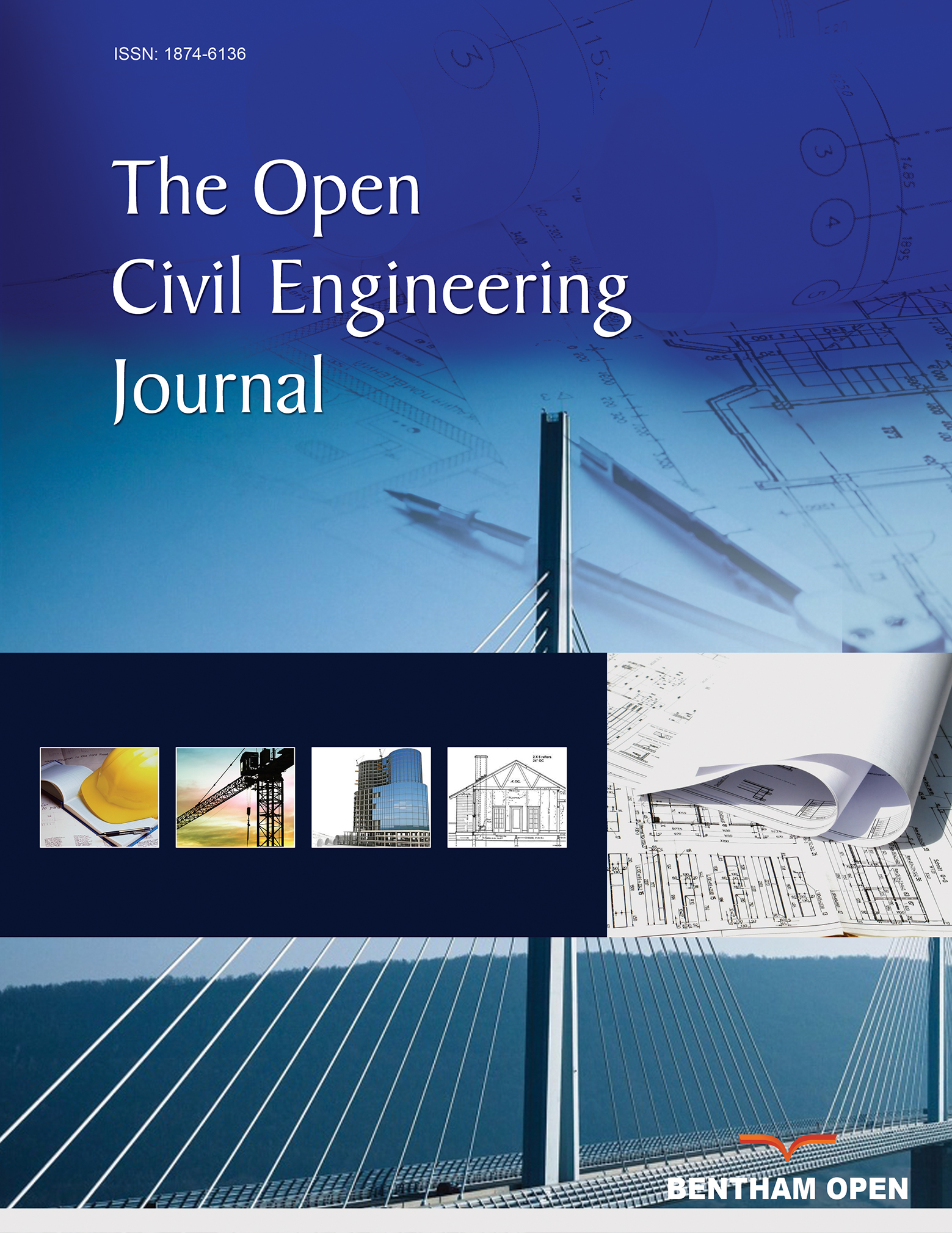All published articles of this journal are available on ScienceDirect.
The Impact of Climate Change on the Reinforcement Durability of Concrete Bridge Structures
Abstract
Background
Climate change poses significant challenges to the durability of concrete bridge structures, particularly regarding the corrosion of reinforcement. Iraq, due to its geographical location, is particularly vulnerable to greenhouse gas emissions, with carbon dioxide (CO2) being the most prominent. The country's heavy reliance on energy resources like coal, gas, and oil exacerbates air pollution, further compounding environmental concerns. Corrosion of reinforcement in concrete infrastructure, including bridges, is primarily driven by the presence of atmospheric CO2. The risk of corrosion increases with rising CO2 levels associated with global warming, leading to potentially catastrophic damage that is costly to repair.
Methods
This study employs a probabilistic technique to predict the damage potential of concrete infrastructure exposed to carbonation resulting from elevated temperatures and CO2 concentrations.
Results
The findings reveal a significant increase in the risk of damage from carbonation in certain regions of Iraq, with potential rises exceeding 400% by 2100. Additionally, rising temperatures elevate the likelihood of chloride impact by up to 15% over the same period. However, these assessments do not consider changes in ocean acidity in marine exposure, which could further exacerbate the effects of climate change on concrete infrastructure.
Conclusion
The results underscore the urgent need for proactive measures to mitigate the impact of rising atmospheric CO2 levels on the durability of bridge structures in the face of climate change.


